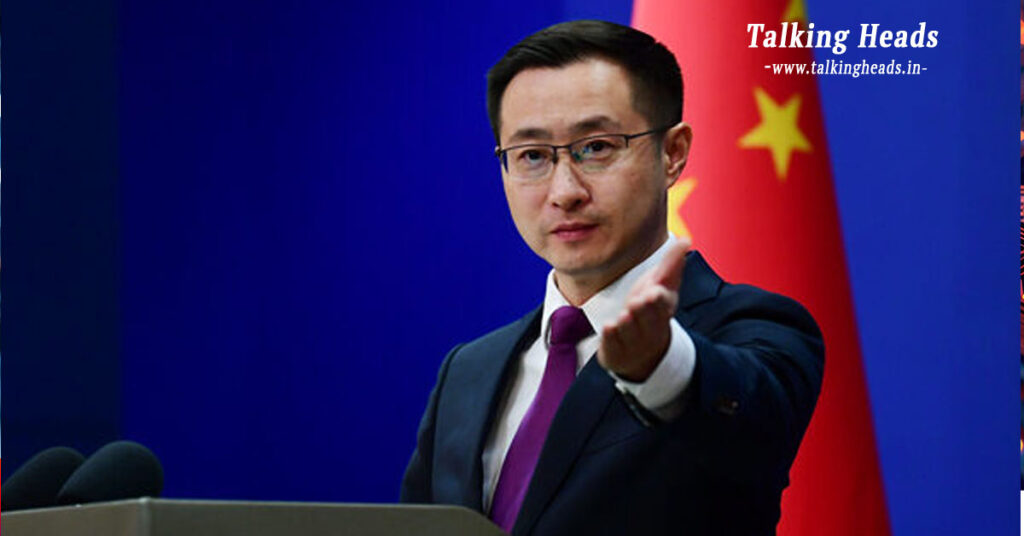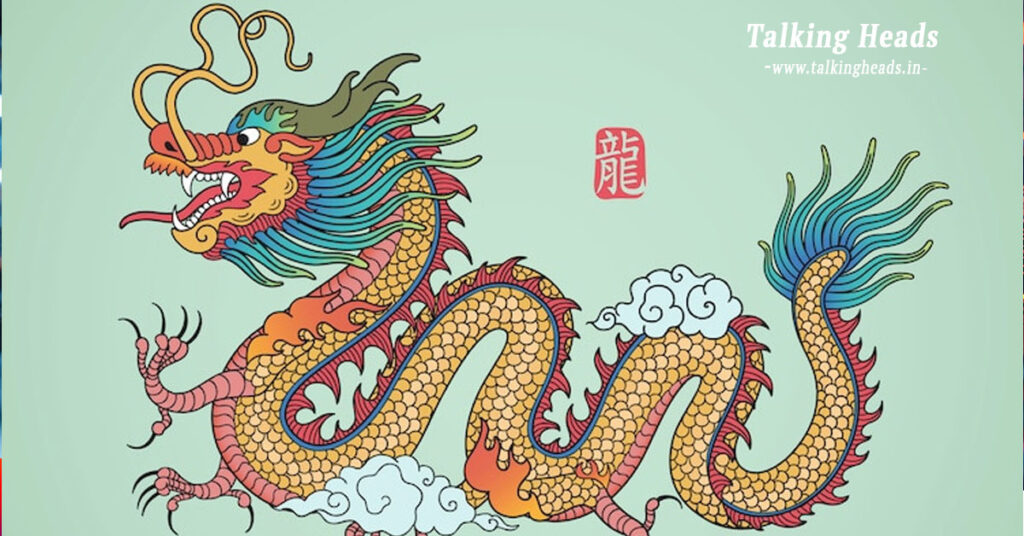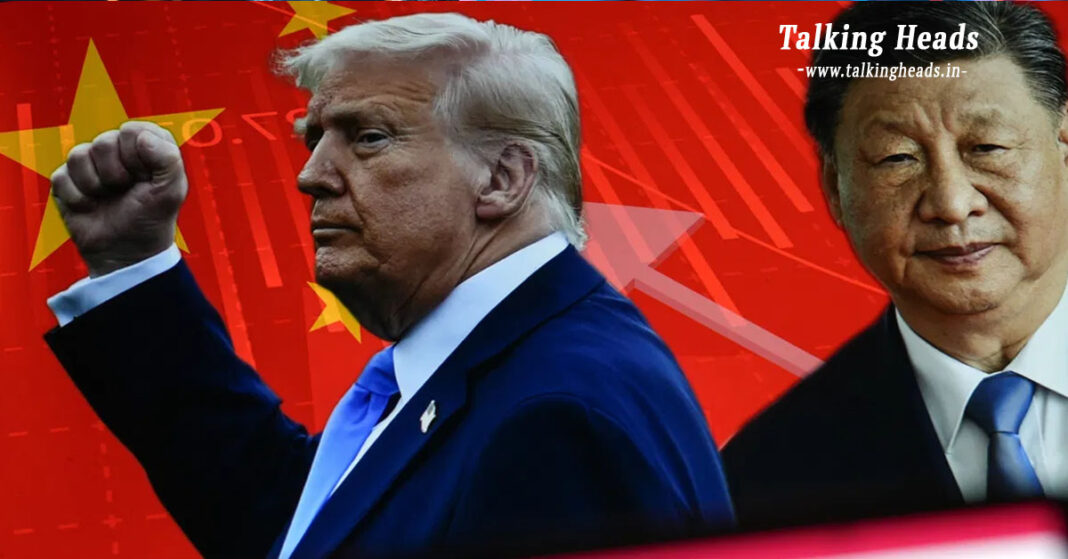US Imposes 245% Tariff on Chinese Goods in Retaliation to Beijing’s Earlier Move
The trade tensions between the United States and China have flared up once again, with U.S. President Donald Trump announced a 100% increase in tariffs on imports coming from china. This move raises the total tariff rate on several Chinese goods to a staggering 245%, intensifying the already strained economic relationship between the two global powers.
Table of Contents
Trump’s decision comes just five days after China imposed a 125% tariff on U.S. products. The tit-for-tat tariff hikes mark a significant escalation in the ongoing trade war that has implications for global markets, supply chains, and multinational corporations.

China Responds Firmly: ‘We’re Not Afraid of a Trade War’
In response to the latest U.S. tariff announcement, China issued a stern warning, reiterating that it is not intimidated by the prospect of a prolonged trade war. The Chinese government urged the U.S. to return to the negotiating table but emphasized that it will not back down under pressure.
Lin Jian criticized the U.S. approach, stating, “If America truly wishes to resolve this issue through dialogue and cooperation, it must stop applying unnecessary pressure, threats, and blackmail. Discussions must be based on equality, mutual respect, and shared interests.”
Lin further emphasized that China is merely responding to American actions, noting that its countermeasures are “reasonable, lawful, and necessary to defend national interests and preserve integrity in global trade.”
Boeing Takes a Hit: China Halts Aircraft Deliveries Amid Tensions

This move appears to be a direct response to the 145% tariff Washington had previously slapped on Chinese goods. Boeing, a key symbol of American manufacturing strength, is among the largest exporters in the U.S. and the third-largest Défense contractor in the world. The suspension of Boeing purchases could have long-term implications for the company’s revenue, especially as many global airlines rely on Boeing aircraft.
China Tightens Control on Rare Earth Exports Crucial to High-Tech Industries
In another strategic countermeasure, China has restricted the export of seven rare earth elements, which are critical to the manufacturing of advanced technologies, including electric vehicles, drones, robotics, and military hardware.
Beijing has also paused the shipment of high-performance magnets—an essential component in these industries—at several of its ports. These materials are integral to the global supply chain for semiconductors, aerospace components, and motor vehicles.
China, which dominates global rare earth production, announced on April 4 that these materials can now only be exported under a special permit. This restriction could significantly impact industries in the U.S., Europe, and Japan, where dependence on Chinese rare earths remains high.
Global Impact: Rising Costs and Supply Chain Disruptions Loom
The latest moves in the U.S.-China tariff war are expected to reverberate across global markets. Economists warn that extended trade hostilities could lead to:
- Increased costs for consumer goods and industrial components
- Disrupted supply chains in sectors such as automotive, defense, and electronics
- Market volatility as companies struggle to navigate the uncertainty
Businesses operating in both countries may soon be forced to seek alternative suppliers or manufacturing hubs, which could lead to long-term shifts in global trade dynamics.
Call for Dialogue Remains, But Uncertainty Persists
Despite the tough talk on both sides, China has reiterated its willingness to engage in constructive dialogue. However, officials insist that such talks must be conducted on the basis of equality and mutual benefit—not coercion.
Meanwhile, Trump has maintained that it is up to China to take the first step toward negotiations. As of now, no formal diplomatic discussions have been announced, and the trade war appears poised to continue escalating.
Trade War Enters New Phase with No End in Sight
The deepening U.S.-China trade conflict signals a turbulent period for international commerce. With tariffs reaching unprecedented levels and export restrictions being implemented, businesses and governments worldwide are bracing for the ripple effects.
Unless both nations find common ground soon, the global economy could face another wave of uncertainty—one driven not by pandemics or financial crashes, but by geopolitical power plays over trade.
Would you like a version of this article formatted for blog posting, social media snippets, or email newsletter summaries?










